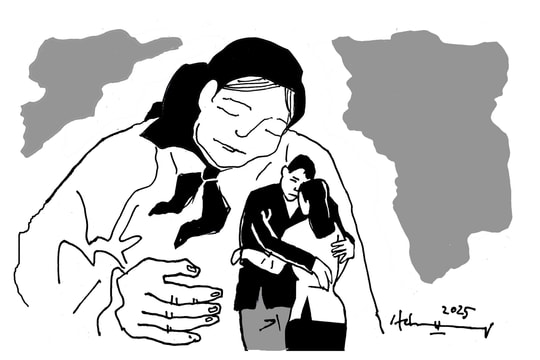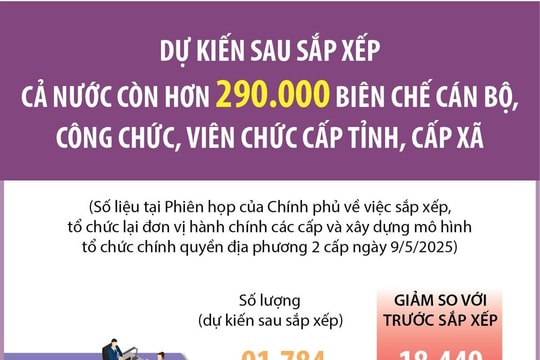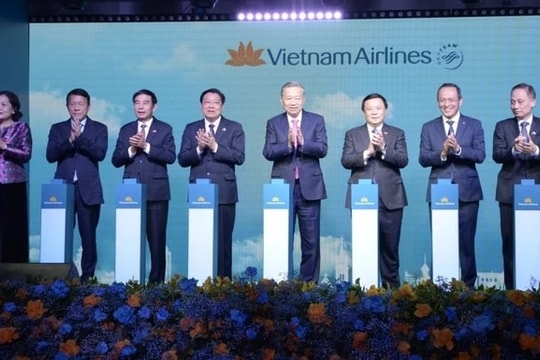Nearly a year has passed, but what Temu has done in Japan is still just a local fever. Just search on Google Japan for the keyword "Temu" and you will see countless articles evaluating the quality, reliability and safety of this trading floor.
Japan is a demanding market. Buyers care not only about price but also about product quality and reviews.
Shock discount strategies are not very effective in Japan. Tricks to increase reviews are also not well received, even causing adverse reactions.
I tried to look through the reviews of customers who bought the product many times, most of them were negative comments about the product.
But in some other markets, Temu has had some success. Two years ago, Temu entered the US. After just a few months, this application ranked No. 1 in the list of free applications downloaded on both major platforms App Store and Google Play.
In fact, Temu's business model is not too different from Chinese e-commerce sites such as Shein, Wish or AliExpress. The special thing that makes Temu attract great attention in the US, besides its discount policies and promotional campaigns, is its price.
In a recent survey conducted by Numerator, nearly half of the respondents learned about Temu through social media. Of these, 40% of Temu’s customers use Tiktok daily. Capturing the tastes of young people is what makes Temu successful.
Microsoft research shows that in just 15 years from 2000 to 2015, the consumer's "attention span" has decreased by 25% to 8 seconds. The figure for goldfish is 9 seconds.
With an attention span less than a fish, the strategy of attracting attention with shocking content is not too difficult to understand. Temu has approached users with a series of products that "look delicious" - "don't know if they are nutritious or not" - but most importantly: very cheap.
By 2030, about 75% of consumers in developing markets will be between the ages of 15 and 34. Their consumption is also more than twice as large as that of young people in developed countries.
This consumer psychology can be explained by the growth rate of the economy and the improvement in the quality and standard of living. The faster the economy grows, the more optimistic young people are about the future and the more they spend.
Targeting this audience, Temu can ensure a stable amount of consumers who spend a lot, spend regularly, and are loyal to the platform.
However, platforms like Temu that encourage “quantity” over “quality” promote a culture of overconsumption – without thinking about the long-term consequences. This is one of the main causes of the waste crisis and climate change.
In a demanding and quality-conscious market like Japan, about 1.3 million tons of clothing are thrown away every year, most of which comes from the fast fashion industry.
This amount of waste not only creates a burden on the waste treatment system but also pollutes water and soil resources, mostly because cheap textile materials are not easily biodegradable.
To mass produce products in huge quantities, these industries consume large amounts of natural resources. Fast fashion products are a typical example.
Cotton cultivation, for example in India or China, consumes huge amounts of water, depleting natural water resources and leading to water crises in those areas.
According to a 2018 study conducted by Xinjiang University, the amount of water used for cotton cultivation increased from 2 to 21 billion cubic meters in just 30 years from 1989 to 2018.
Quantis' 2018 report also pointed out: nearly 80% of environmental pollution in the textile industry is related to polyester - a synthetic material commonly used in fast fashion, when the production process (dyeing, bleaching, and weaving) requires large amounts of petroleum and releases large amounts of greenhouse gases, contributing to climate change.
When it comes to product quality, most cheap products are of below average quality and have a very short life cycle. In developing countries that do not have advanced waste treatment and recycling systems, this huge amount of waste (mainly plastic waste) has only one way: to be discharged directly into nature, through landfill or incineration.
In modern society, consumers are easily caught up in a cycle of possession and consumption, which also leads to stress and financial pressure when shopping uncontrollably.
The happiness that comes from owning new things is only temporary, often followed by emptiness and the need to continue consuming to feel more satisfied.
Looking more broadly at social responsibility, when visiting the homepage, Temu does announce its commitment to “sustainable development”; although it takes 10 scrolls to see this section.
Temu says it has a continued commitment to environmental sustainability by partnering with Trees for the Future on a tree planting project in sub-Saharan Africa.
Trees for the Future is a prestigious organization and is sponsored by the United Nations. To date, Temu said that nearly 15 million trees have been planted thanks to his contributions.
However, few people pay attention to the fact that these trees are actually donated by consumers, who agree to pay a small portion of the value added in their orders to support the project. This is a way of shifting social responsibility to the customer.
"It's too good to be true" is a popular saying around the world. In Vietnam, when the "landing" was still in its infancy, users had time to think calmly before deciding to buy.
Both delicious and nutritious, certainly not cheap. The goods on the e-commerce platform that is causing a fever on Temu are extremely cheap. Instead of being caught up in short-term promotions and fashion trends, choosing sustainable products with a long lifespan is a way to help reduce waste and protect natural resources.
Investing in good quality clothes, shoes or household products not only protects your health and helps save costs in the long run, but also contributes to building more responsible consumer habits towards the environment and the community.








.jpg)


.jpeg)






.jpg)





.jpg)

